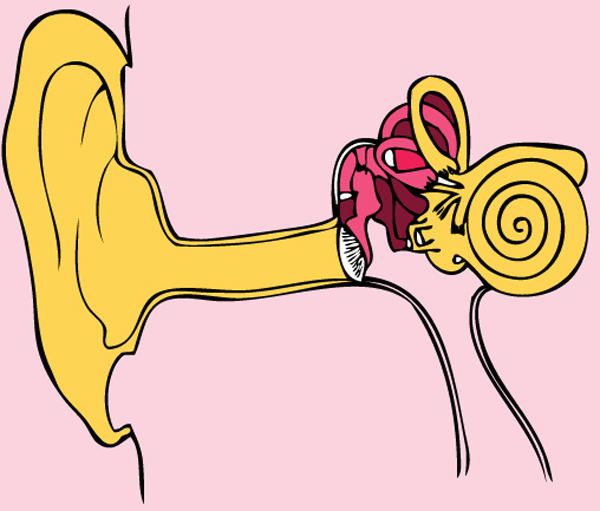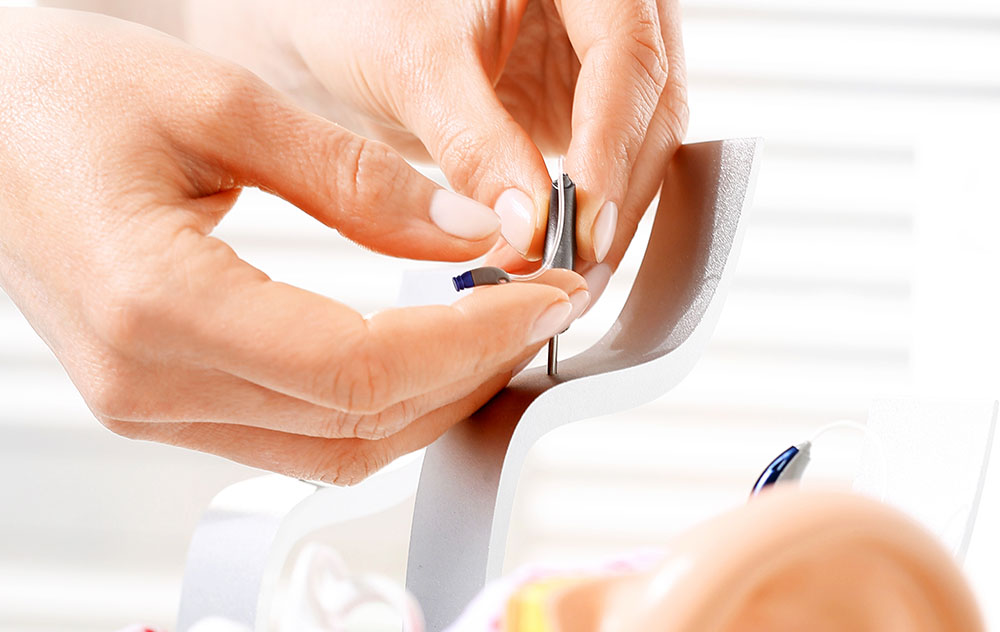What Kinds of Earplugs are the Most Comfortable?
Earplugs can be incredibly beneficial for a number of reasons, from


Earplugs can be incredibly beneficial for a number of reasons, from

Today’s hearing aids come in a vast array of styles, offering

Bluetooth is a trademark name for a high-frequency, short-range radio